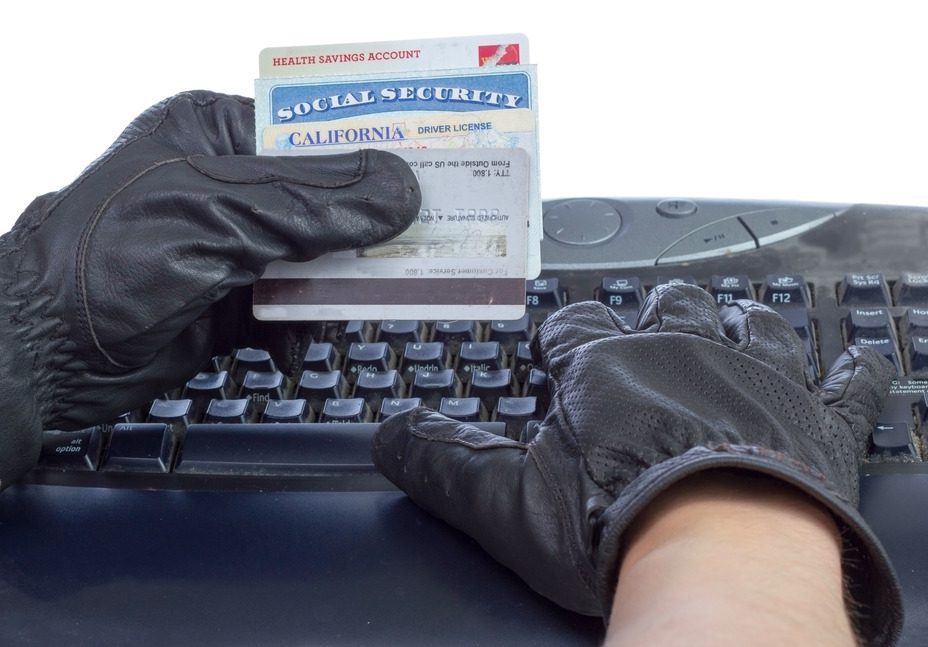
The consequences of having confidential information stolen can be devastating and long-lasting. As consumers, we have to be especially protective of our confidential information and mindful that scammers are eager to take advantage of us. What can you do to prevent identity theft and internet scams? Review our 9 Tips to Prevent Identity Theft below to stay protected.
1. Protect your passwords.
Store passwords in a safe place. Develop passwords that contain a mixture of letters, numbers and symbols and avoid using obvious identifiers such as birth dates. Do not use the same password for every login system.
2. HTTPS is best.
Whenever you are providing financial information, take a look at the address bar and make sure the first five letters of the web address say “https” as opposed to just “http”. HTTPS stands for Hypertext Transfer Protocol Secure and signifies that the information you provide will be secure and encrypted so that it will not be intercepted by a third party.
3. Use computer firewalls and virus protection.
This is particularly important if your Internet connection is “always on” even if your computer is powered off (e.g., a cable connection).
4. Don’t share your social.
Don’t give out your Social Security number unless it is absolutely necessary, particularly over the Internet or telephone. Never print your Social Security number on checks.
5. Be careful where you share your information.
Don’t share personal information by phone or e-mail unless you initiated the contact. Be especially wary of unsolicited e-mails asking for personal information, even if they look official. Don’t reply to suspicious e-mails or open attachments.
6. Scrutinize your statements.
Review your monthly credit card and financial account statements carefully and investigate any charges you don’t recognize.
7. Don’t wait to take action.
Investigate immediately if a creditor or merchant calls about charges you don’t recognize.
8. Check your credit report regularly.
Make sure you recognize all entries, and follow up immediately if you do not recognize an account.
9. Be cautious with charitable giving.
Before giving, ask questions about the charity and do not contribute until you are satisfied with the answers.

